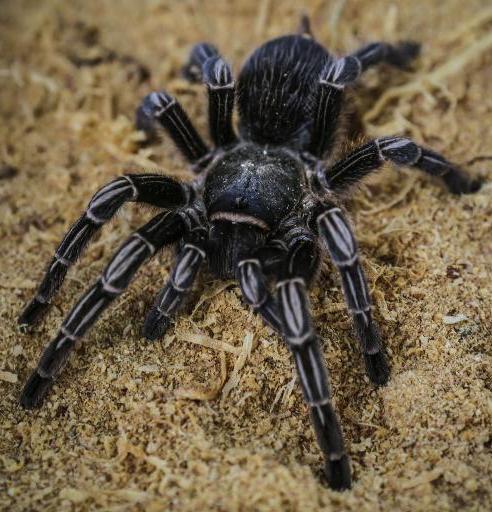In Nicaragua, tarantulas are latest cash crop
His corn and bean fields ravaged by drought, 27-year-old Nicaraguan farmer Leonel Sanchez Hernandez grudgingly found a new harvest: tarantulas. He gets a little over a dollar for each of the hairy critters, which breeders sell overseas as pets. In just two weeks, Sanchez Hernandez, his aunt Sonia and cousin Juan caught more than 400 of the spiders. Hernandez says he was skittish at first about poking around in underground nests, under rocks and in tree trunks in search of the feisty arachnids. But he donned thick gloves and mustered up the courage, because the alternative was to see his family go hungry.
There are a lot of people that love to have them at home, some as pets and others because they like danger.
Fabio Buitrago of the Nicaraguan Foundation for Sustainable Development
Tarantulas are territorial and when they feel threatened, they bite and secrete a toxic goo that causes allergies and pain. But trade in the spiders, which can live many years in captivity, is one of the ways Nicaragua is trying to diversify its exports by taking advantage of its rich biodiversity. The country is the second poorest in the Americas, after Haiti. The first to get the bug was Ramon Mendieta, owner of an exotic animal farm in Carazo department, south of the capital. He sells around 10,000 tarantulas a year to clients in the US and Europe.

Odd News